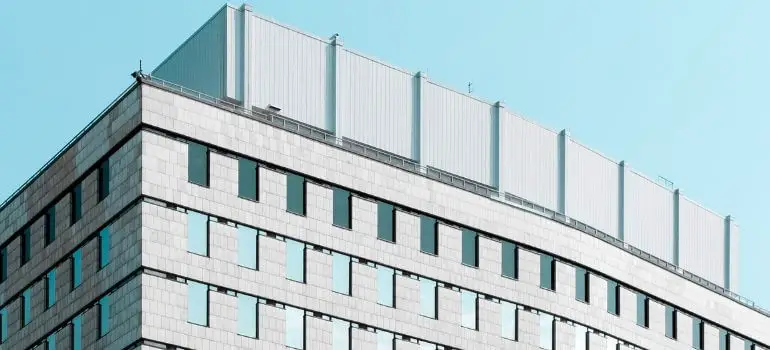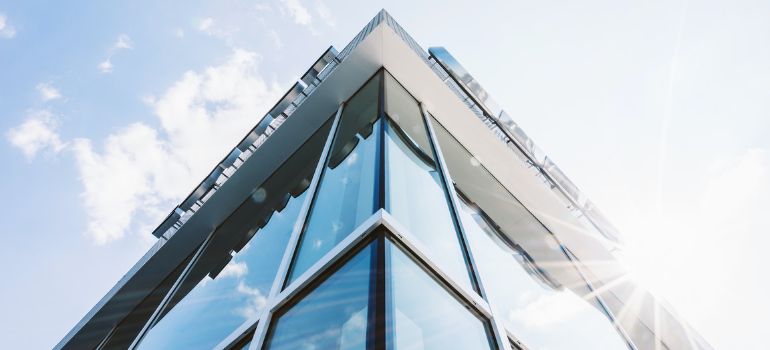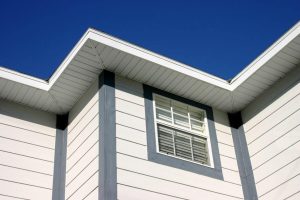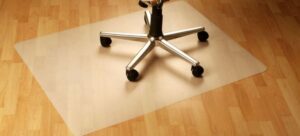Vinyl clad windows offer better durability, flexibility in colors and wood species, superior aesthetics, and a better return on investment compared to traditional vinyl windows. The choice between vinyl and vinyl clad windows ultimately comes down to budget and personal style.
In terms of cost-effectiveness, vinyl is the most affordable option. However, if you’re looking for increased durability, a wider range of design options, and a higher aesthetic appeal, vinyl clad windows are worth considering. These windows have a wood interior and an exterior vinyl cover, combining the benefits of both materials.
The vinyl cladding enhances the longevity and durability of the window, while the wood interior provides that desirable look of real wood windows. Overall, the decision between vinyl and vinyl clad windows depends on your budget, preferences, and the specific needs of your project.
Introduction To Vinyl And Vinyl Clad Windows

When it comes to choosing windows for your home, you have a variety of options to consider. Vinyl and vinyl clad windows are two popular choices that offer their own unique benefits. Understanding the differences between these two types of windows is essential in making an informed decision for your home.
Understanding Vinyl Windows
Vinyl windows are made of polyvinyl chloride (PVC), a type of plastic that is known for its durability and low-maintenance qualities. These windows are constructed entirely of vinyl, including the frame and sash, making them highly resistant to rot, peeling, and warping. Vinyl windows are also great insulators, helping to keep your home comfortable and energy-efficient.
Here are some key benefits of vinyl windows:
- Low maintenance – Vinyl windows require minimal upkeep, as they do not need to be repainted or stained.
- Energy efficiency – With their excellent insulation properties, vinyl windows help to reduce heat transfer and improve energy efficiency in your home.
- Affordability – Vinyl windows are generally more affordable than other window materials, making them a budget-friendly option.
- Wide range of styles and colors – Vinyl windows offer a variety of options to suit your home’s architectural style and personal preferences.
Understanding Vinyl Clad Windows
Vinyl clad windows, also known as vinyl-clad exterior windows, combine the benefits of vinyl and wood. These windows have wood interiors for a warm and natural look, while the exterior is covered with a vinyl cladding for enhanced durability and longevity. The vinyl cladding provides protection against rot, warping, and other weather-related damages.
Here are some features of vinyl clad windows:
- Wood interior – The wood interior of vinyl clad windows offers the aesthetic appeal and customization options that many homeowners desire.
- Vinyl exterior – The vinyl cladding on the exterior provides excellent resistance to the elements, ensuring long-lasting performance.
- Enhanced durability – Vinyl clad windows combine the strength and stability of wood with the weather-resistant properties of vinyl.
- Low maintenance – Similar to vinyl windows, vinyl clad windows require minimal maintenance, as the exterior vinyl cladding does not need to be painted or stained.
Ultimately, the choice between vinyl and vinyl clad windows depends on your priorities and preferences. Vinyl windows are a cost-effective and low-maintenance option, while vinyl clad windows offer the timeless beauty of wood with added durability. Consider factors like your budget, desired aesthetic, and level of maintenance you’re willing to commit to when making a decision.
Pros And Cons Of Vinyl Windows
When it comes to choosing the right windows for your home, there are various factors to consider, including the materials they are made from. Vinyl and vinyl-clad windows are popular choices for homeowners, each offering their own set of advantages and drawbacks. Understanding the pros and cons of vinyl windows is crucial in making an informed decision for your home improvement project. Let’s delve into the advantages and disadvantages of vinyl windows to help you determine if they are the right fit for your needs.
Advantages Of Vinyl Windows
- Energy Efficiency: Vinyl windows offer excellent insulation, helping to reduce energy consumption and lower utility bills.
- Low Maintenance: They are easy to clean and do not require painting or sealing like wood windows.
- Affordability: Vinyl windows are cost-effective, making them a budget-friendly option for homeowners.
- Durability: They are resistant to rot, corrosion, and pests, ensuring longevity and minimal upkeep.
- Variety of Styles: Vinyl windows come in a wide range of styles and colors, allowing for customization to suit any home aesthetic.
Disadvantages Of Vinyl Windows
- Limited Color Options: While there is a variety, the color selection of vinyl windows may be more limited compared to other materials like wood.
- Potential for Warping: In extreme temperatures, vinyl windows may have a tendency to warp or distort.
- Non-Paintable: Unlike wood, vinyl windows cannot be repainted to match changing aesthetic preferences.
- Environmental Impact: The production of vinyl windows involves the use of non-renewable resources and may not be as eco-friendly as other materials.
- Aesthetics: Some homeowners prefer the natural look of wood and may find vinyl windows less visually appealing.
Pros And Cons Of Vinyl Clad Windows
When it comes to choosing the right windows for your home, it’s essential to consider the pros and cons of different materials. Vinyl clad windows are a popular choice among homeowners due to their durability and low maintenance. However, like any other window material, they have their own set of advantages and disadvantages. Let’s take a closer look at the pros and cons of vinyl clad windows.
Advantages Of Vinyl Clad Windows
Vinyl clad windows offer several advantages that make them an appealing choice for many homeowners:
- Low maintenance requirements
- Excellent durability, especially in harsh climates
- Resistance to rot, peeling, and warping
- Energy efficiency, which can help reduce heating and cooling costs
- Wide range of styles and designs to complement various architectural aesthetics
- Cost-effectiveness compared to some other window materials
Disadvantages Of Vinyl Clad Windows
While vinyl clad windows have numerous benefits, they also come with some drawbacks:
- Limited color options compared to other materials like wood
- Potential for expansion and contraction in extreme temperatures, which may affect long-term performance
- Less aesthetic appeal for homeowners seeking a more traditional or natural look
- Non-repairable nature of vinyl material, which may require complete replacement in case of damage
- Potential for environmental impact due to the manufacturing process of vinyl
Frequently Asked Questions On Vinyl Vs Vinyl Clad Windows
Are Clad Windows More Expensive Than Vinyl?
Clad windows are typically more expensive than vinyl windows. However, they offer better durability, flexibility in terms of colors and wood species, superior aesthetics, and a better return on your investment. Ultimately, your choice will depend on your budget and personal style.
What Is A Vinyl Clad Window?
A vinyl clad window is a window with a wood interior and an exterior vinyl cover. The vinyl cladding improves the durability and longevity of the window, while still providing the desired look of real wood windows. They are a cost-effective option and offer better durability compared to all-wood frames.
Are Clad Windows Worth It?
Yes, clad windows are worth it because they offer better durability, flexibility in colors, wood species, and superior aesthetics. While wood-clad windows may be more expensive, they provide a better return on investment and suit personal style and budget.
Are Vinyl Clad Windows Energy Efficient?
Vinyl clad windows are energy efficient due to their better insulating properties for slowing heat transfer.
Conclusion
When deciding between vinyl and vinyl-clad windows, it’s important to consider factors like durability, aesthetics, and budget. While vinyl-clad windows may offer more design flexibility and aesthetics, vinyl windows are a more cost-effective option with better energy efficiency. Ultimately, the choice boils down to personal preferences and budget constraints.



